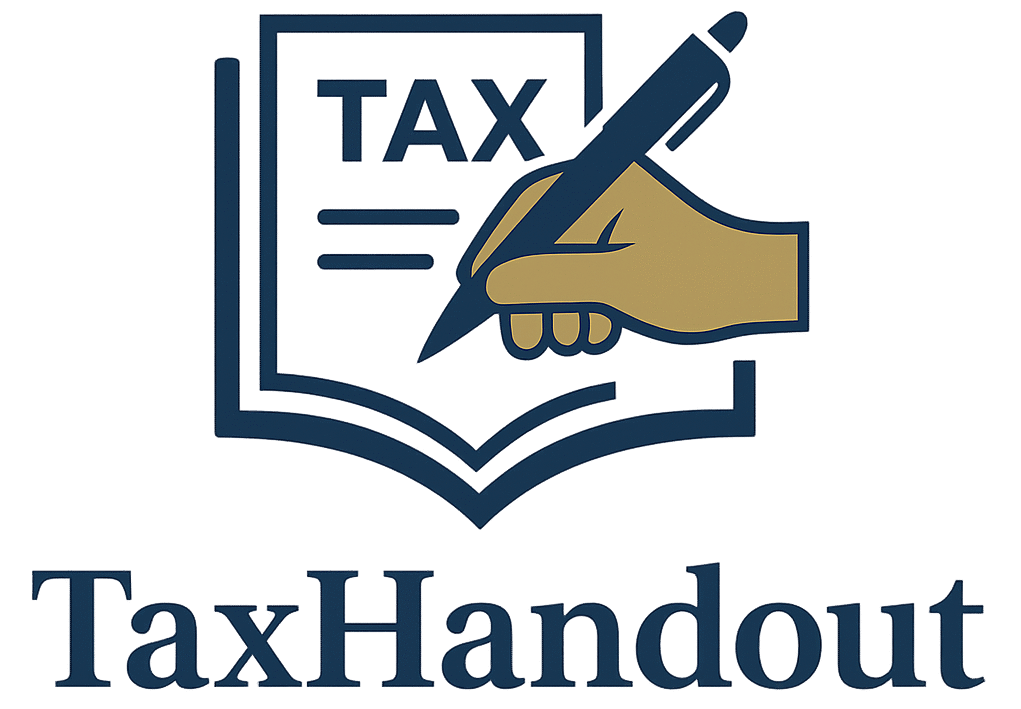Imagine a small vegetable vendor receiving a GST notice for ₹29 lakh — shocking, right?
This actually happened in Karnataka, where a street-side vegetable seller was issued a GST demand notice under Section 63 for not being registered despite high-volume cash transactions.
👉 This is a classic case of Best Judgment Assessment — where the GST department determines your tax liability based on data, even if you’re not registered.
In this handout, we explain Section 63 of the CGST Act in simple language, the latest real-life example, and how to avoid such costly mistakes.
What is Section 63 of CGST Act?
Section 63 empowers a GST officer to assess the tax liability of an unregistered person, or a person whose registration has been cancelled, based on available data.
This is known as Best Judgment Assessment — the department does not need your approval to raise demand.
When is Section 63 Applicable?
| 🟢 Criteria | 💡 Explanation |
| Liable to register under GST | Due to turnover > ₹20/40 lakh (or ₹10/20 lakh in some states) |
| Not registered or registration cancelled | Willingly or due to non-compliance |
| Evidence of business activity exists | e-Way bills, Bank transactions, Income tax filings, Cash deposits |
| No GST returns filed | No compliance under GST detected |
Relevant Rule – Rule 100 of CGST Rules
Rule 100 provides the procedure for Section 63 assessment:
| Step | Form Used | Description |
| 1️⃣ | ASMT-14 | Notice to explain within 15 days |
| 2️⃣ | ASMT-15 | Assessment order if no satisfactory response |
| 🕒 | Time Limit | Within 5 years from the due date of annual return |
Consequences of Section 63 Assessment
You will have to pay:
- GST as per officer’s estimation
- Interest under Section 50
- Penalty under Section 122 or 125
🔴 No chance to file regular returns once the order is passed — you can appeal but only after payment of 10% of disputed tax (pre-deposit).
Example
Mr. X is a General Retailer in Punjab operating only in cash. His annual turnover exceeds ₹50 lakh but he never took GST registration.
GST department noticed:
- e-Way bills raised in his name by transporters
- Bank deposits of over ₹40 lakh
- TDS deducted by buyers
🚨 Officer issued ASMT-14 notice and later passed order under ASMT-15, demanding GST + Interest + Penalty under Section 63.
Trending News: Vegetable Vendor Gets ₹29 Lakh GST Notice
A small vegetable vendor in Karnataka received a GST notice of ₹29 lakh under Section 63 after authorities noticed huge cash deposits in his bank account, not matching his declared income.
🔎 GST Department used AI-based data analytics and linked:
- Bank statements
- PAN–Aadhaar linking
- Mobile number used in e-Way Bills & financial apps
- No GST registration despite high turnover
This case has created a storm on social media — but legally, the department is within its rights under Section 63.
Key Learnings from the Vegetable Vendor Case
| Lesson | Explanation |
| 🔍 Data never lies | Your digital footprint — bank accounts, UPI, transport records — can trigger assessment |
| 💳 High cash = High suspicion | Cash deposits are closely monitored post-Aadhaar-PAN-bank linking |
| 🛑 No business is too small | Even unregistered traders like vendors and barbers are under scanner |
| ⚖️ Legal action is real | Even if you believe you don’t fall under GST, the department might think otherwise |
Legal Position: Vegetable Sellers Are Exempt Under Section 23(1)(a)
If an individual is exclusively engaged in selling vegetables, which are exempt under GST, then as per Section 23(1)(a) of the CGST Act, no registration is required, regardless of turnover.
📘 Section 23(1)(a) – CGST Act
“A person exclusively engaged in the supply of goods or services or both that are not liable to tax or wholly exempt… shall not be liable to registration.”
🟢 So the threshold limit of ₹20 lakh or ₹40 lakh becomes irrelevant.
🟢 Even ₹1 crore of turnover from exempt sales won’t trigger registration.
What must the vendor do?
He must prove with proper documentation that:
- All receipts and income are from sale of exempt goods (i.e., vegetables)
- No taxable supply of any kind was made
- Business is not mixed with services or other taxable goods
💡 If proved, the entire Section 63 demand may collapse as there is no tax liability in the first place.
What Went Wrong in this Case?
The vendor might have:
- Failed to explain the source of large cash deposits
- Had no business records or PAN returns
- Used UPI or transport data that appeared taxable
- Ignored notices or didn’t respond properly
That’s why documentation is key — even for exempt businesses.
How to Stay Safe?
- ✅ Take GST registration if you cross the threshold
- ✅ Maintain proper records of income and expenses
- ✅ If exempt (like fresh vegetables), document proof of exemption
- ✅ File Income Tax properly — mismatches with GST data can be dangerous
- ✅ Consult a CA for compliance health check
Final Words
In today’s digital world, no business is invisible. Even small traders, freelancers, vendors, and side-income earners are now being tracked using data analytics.
📢 Don’t wait for a GST notice to knock at your door. Ensure your business is compliant from Day 1.
